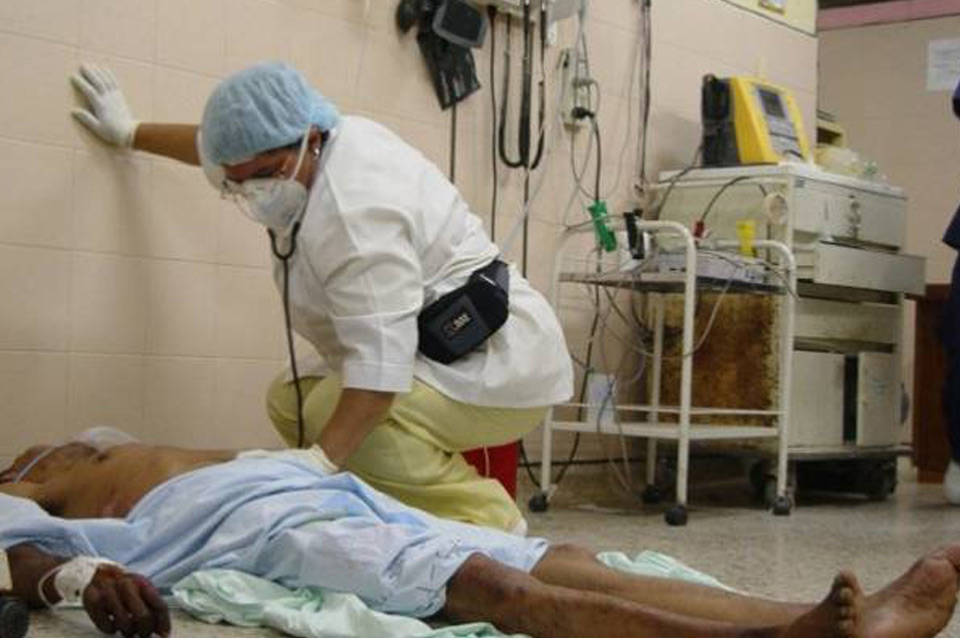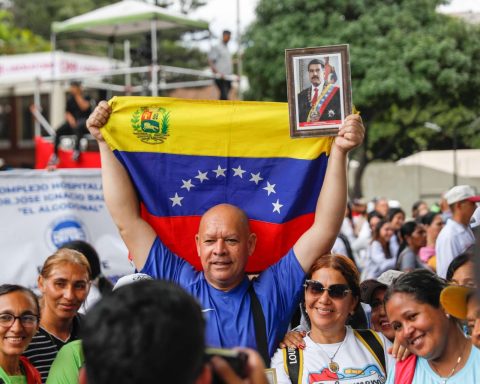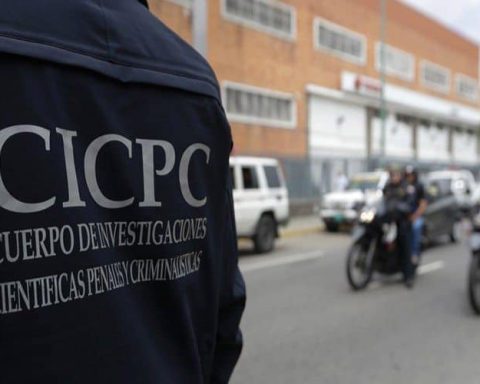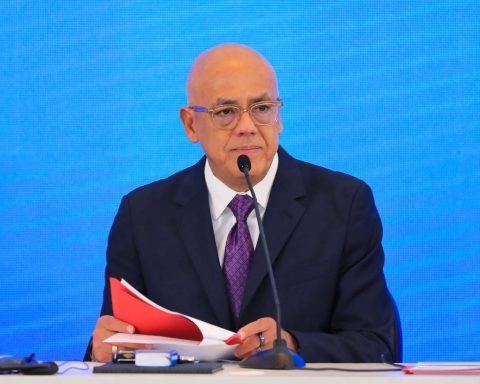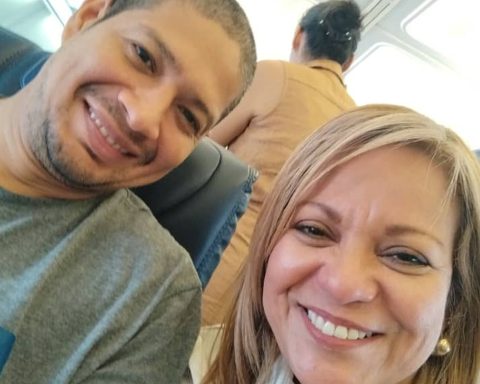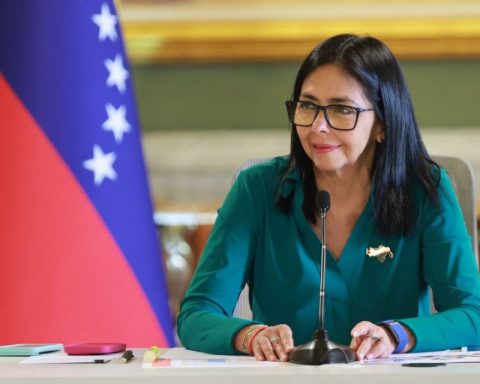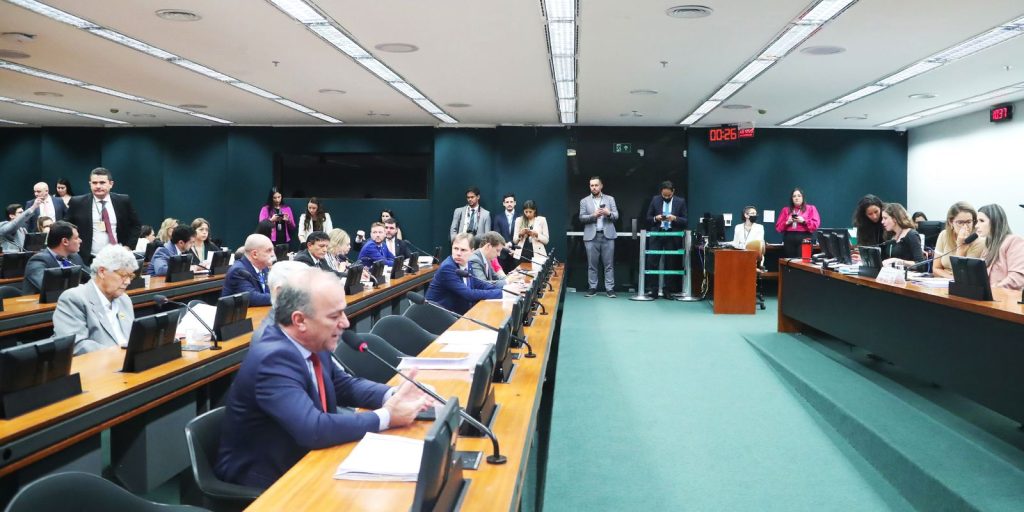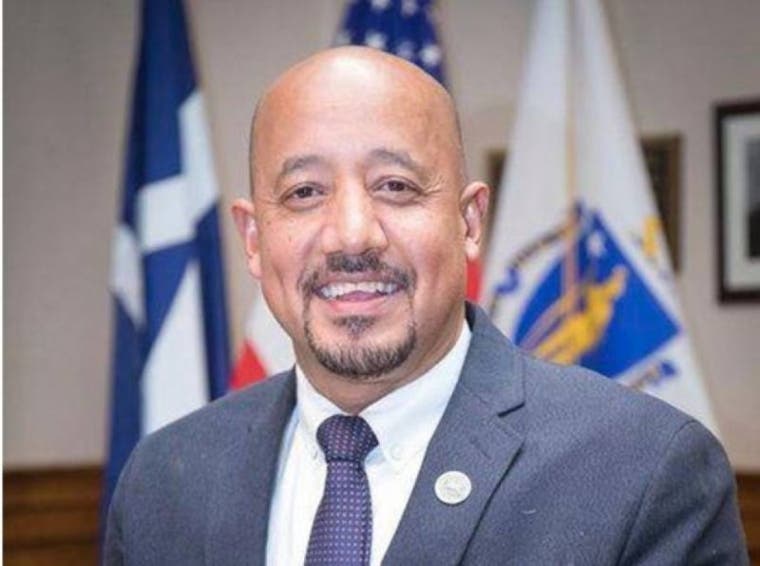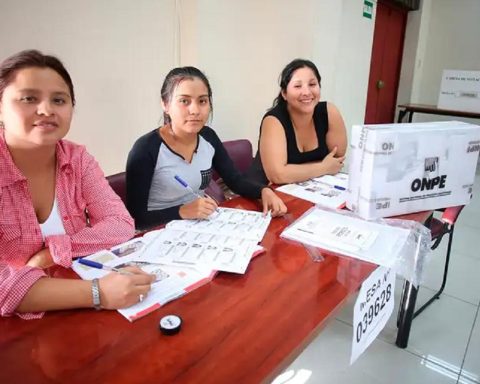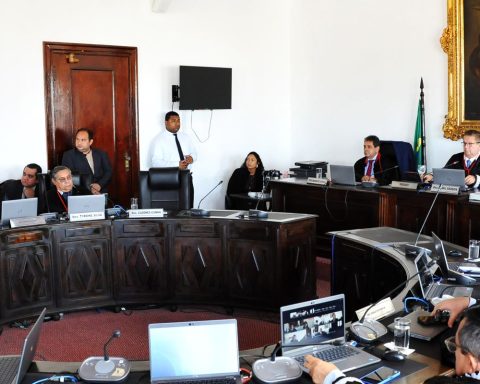On Friday, October 11, the Venezuelan Society of Palliative Medicine will hold the event “Ten years after the resolution, how are we doing?” Doctors will talk about palliative care and look for useful strategies to achieve emotional stability in difficult times
The Venezuelan Society of Palliative Medicine (Sovemepal), chaired by Dr. Tulio González Coronel, commemorates this Friday, October 11, World Hospice and Palliative Care Day by bringing together the best specialists in an event where they will address the findings and advances to strengthen their scientific mission of life, focused on service to the seriously ill who needs so much support.
This 2024 marks 10 years since the World Health Assembly (governing body of the WHO) approved the Independent Resolution on Palliative Care, which urges all countries to “Strengthen Palliative Care as components of Health Care.” Comprehensive throughout life”, and we must keep in mind that today there are 60 million people who need Palliative Care, but only a fifth of them – 12 million – receive this essential care.
Doctor González Coronel explains that Palliative Care in the countries of the region does not escape this reality, despite being an imperative need for the dignity of the life of the patient. In this sense, he specifies that on Friday, October 11, in the auditorium of the Badan Foundation, located in the Cortijos de Lourdes, they will hold the event: “Ten years after the resolution, how are we doing?”
At the annual meeting, doctors will discuss different aspects of palliative care in Venezuela, including health policy, education and training of legislators, service providers and the general public, as well as the availability of essential medications and the implementation of services, at different levels of care.
Likewise, topics such as: chronic oncological pain and the importance of oncological rehabilitation, as well as priority care for children with cancer, will be presented.
“We will finish with the possible ways to achieve strategies that would be useful for our emotional stability today, among so many human beings who live in difficult circumstances,” says the president of Sovemepal, according to a press release.
What is palliative care?
Palliative care was born around the 1960s with the impetus of Dr. Cicely Saunders, founder of Saint Christopher Hospice’s, the first Hospice, located in London. Already around 1980, the World Health Organization introduced the concept of Palliative Care and promoted its incorporation into the Cancer Control Program. Thus, for the year 2020, Palliative Care is defined as the active, holistic assistance of all people with serious health-related suffering due to severe illness.
Such care, already established in contemporary medicine, with a vision that is as scientific as it is humanitarian, is applicable throughout the course of the disease because it can have a positive influence during the difficult journey. So palliative care improves the quality of life, well-being, comfort and dignity of people, alleviating the avoidable suffering generated by this type of illness, already in critical stages.
*Read also: #Forochat | After 28J: How to take care of mental health?
Post Views: 17
